By: Emma Connolly, EBCLO Summer Intern 2017
In 2016, EBCLO attorney Rob Waring decided to file a writ of mandate in the California Court of Appeal on behalf of his client N.S. Because preparing all the necessary briefs involves many days of preparation on very short timeframes, he partnered with lawyers from Bay Area Legal Aid. This strategy paid off: our client’s writ was granted and the decision was published earlier this year. The decision, N.S. v. Superior Court, has important implications for many of EBCLO’s clients, who, like N.S. struggle with mental health issues.
A longtime EBCLO client, N.S. entered foster care at the age of 11 where she remained upon reaching adulthood. Thanks to the AB12 extended foster care program N.S. was able to continue receiving services after turning 18. N.S. was homeless and struggling with drug addiction, and desperately needed continued access to foster care services. Luckily, in 2015 the county recommended that N.S. be found eligible for extended services in light of her mental health issues.
Unfortunately, a year later the county sought to dismiss N.S.’s case from extended foster care. At a trial the county called N.S. to testify, and she spoke to her understanding of her eligibility for extended foster care services: N.S. stated that she was told she was eligible in light of her mental health. The county later called N.S.’s therapist to testify as to N.S.’s mental health diagnoses. She refused, citing therapist-patient confidentiality. The judge agreed with the county that N.S. put her mental health at issue and ordered the therapist to testify. EBCLO attorney Rob Waring, wary of what this would mean not only for N.S. but other EBCLO clients and their therapists, asked for a stay in order to file a writ seeking appellate review of the trial court’s order.
The Court of Appeal agreed with EBCLO and issued a stay. It ordered the trial court to vacate the order requiring N.S.’s therapist to answer the county’s questions. The appellate court found that N.S. had not independently placed her mental state at issue, because she discussed her mental health only in response to the county attorney’s questions. Further, N.S.’s testimony as to her eligibility was informed by the county’s own recommendation, made in 2015, that she be found eligible for services in light of her mental health needs. N.S. had not put her mental state at issue by testifying to the county’s prior recommendation.
This appellate ruling is not only important for N.S., but for all of EBCLO’s clients with mental health issues and those similarly situated throughout the state. It takes talented therapists to build trusting relationships with EBCLO’s clients, who often have traumatic backgrounds. These therapeutic relationships begin with a therapist’s promise that what our clients discuss in therapy will be kept private. With that promise therapists open up lines of communications that not only help our clients heal from their experiences, but also help them build trusting relationships with other adults. Thanks to this recent decision, our clients and their therapists know that EBCLO will go the extra mile to protect the private nature of the work they do together.
To read the entire opinion, see: N.S. v. Superior Court (2016) 7 Cal.App.5th 713
